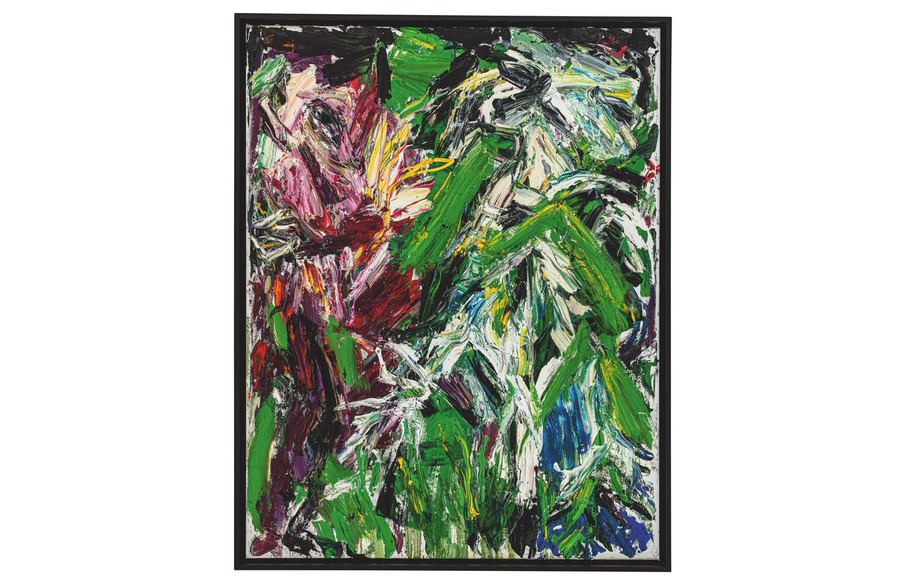Organic gardening enthusiasts often encounter misconceptions about pest control that can hinder the success of their efforts. By dispelling common myths, gardeners can better understand the principles of organic pest management and foster healthier ecosystems.
Myth 1: Eradicating Pests is Essential
A prevalent misconception is the belief that eliminating pests entirely is necessary for garden health. However, in organic pest control, the goal isn’t eradication but rather management. Most pests play integral roles in garden ecosystems, and removing them entirely can disrupt natural balances. Instead of eradication, gardeners should focus on strategies to deter, redirect, or control pests while preserving biodiversity.
Myth 2: Organic Pesticides Are Always Safe
Another misconception is the notion that organic pesticides offer harmless alternatives to synthetic chemicals. While organic pesticides are derived from natural sources, they can still pose risks if overused or applied indiscriminately. Organic pest control involves thoughtful consideration of pesticide use as a last resort, prioritizing strategies that work with nature rather than against it.
Myth 3: Treating Pest Problems in Isolation
Many gardeners mistakenly address pest issues in isolation, without considering broader ecological factors. Organic pest management emphasizes proactive measures to prevent pest problems before they arise. By promoting plant health, biodiversity, and habitat diversity, gardeners can create resilient ecosystems that naturally deter pests. Practices such as companion planting and polycultures further enhance pest resilience while supporting overall garden health.
Conclusion: Embracing Holistic Pest Management
Effective organic pest control requires a shift in mindset from eradication to management, from reliance on pesticides to ecological strategies, and from reactive approaches to proactive measures. By challenging common misconceptions and embracing holistic pest management practices, gardeners can cultivate thriving, resilient gardens that harmonize with nature’s rhythms.










